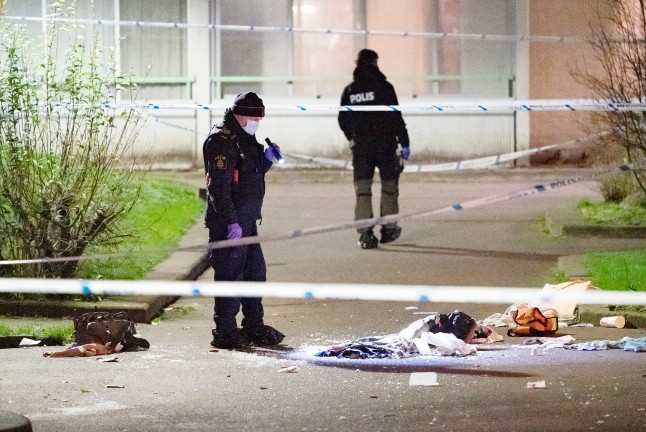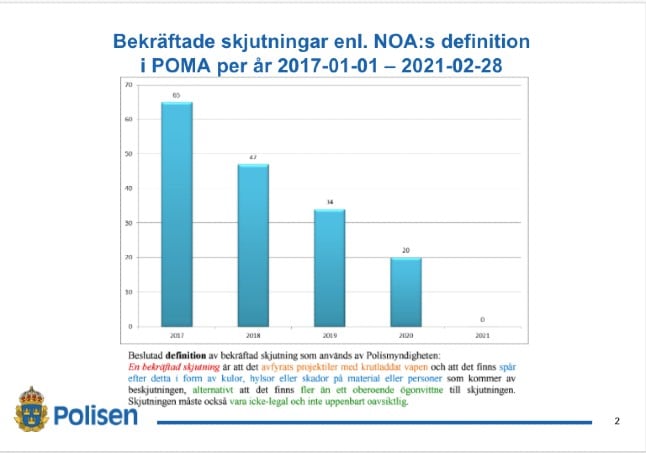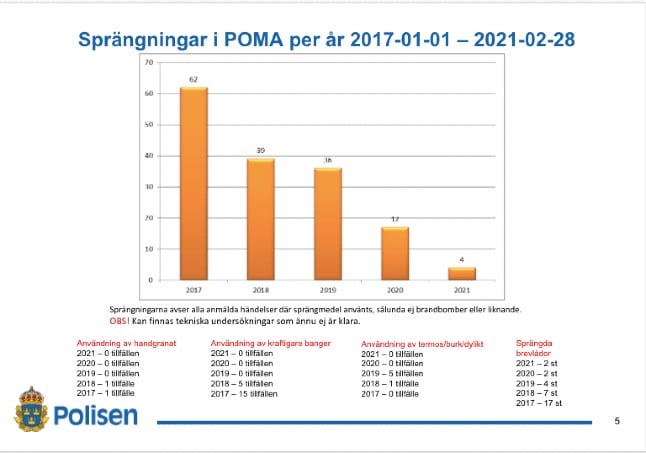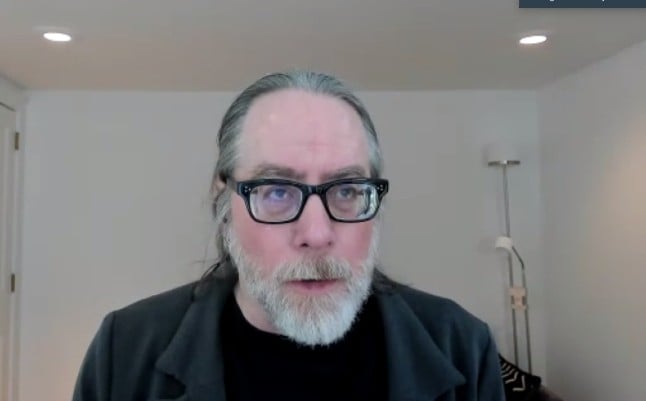The man has been threatened previously, but Tuesday’s blast is being described by the union representing employees of the Swedish Prison and Probation Service (Kriminalvården) as one the most serious incidents in recent memory.
“Threats are nothing unusual within the prison system. It’s relatively common for threats to be uttered in the heat of the moment in connection with news of a transfer, a denied request, or something similar,” said Roal Nilssen, ombudsman the SEKO union, to the TT news agency.
“But it’s rare that someone goes from words to action. This was also directed at the man’s private life, with a risk that his family could be injured.”
The explosion, which occurred at 2.20am at the man’s home in the Malmö suburb of Oxie in southern Sweden, woke up the man, his wife, and his three children. They looked outside, but didn’t see anything out of the ordinary.
They later discovered that the door on the backside of the house had been severely damaged by an explosive device which had been left on the top step.
The man has previously been threatened, but police refused to explain how or why.
According to the county police, investigators have recovered certain pieces of evidence from the blast site which will be analysed further.
An official from the Swedish corrections service also had little to say about the matter.
“It’s naturally very tragic and upsetting in every way, but we’re waiting for the police’s investigation and before then it’s hard to assess what has happened,” the head of Prison and Probation Service in Malmö,
Joachim Moberg, told TT.
According to the local Skånska Dagbladet newspaper, the one of the man’s children served as a witness in an assault trial in which both the victim and the witness changed their testimony. The accused was eventually acquitted.
While the investigation continues, J B Cederholm of the Skåne county police told the newspaper it’s likely the blast was meant to scare the man and his family.
“Our understanding is that the explosive device was directed against the family,” he told the newspaper.






 Please whitelist us to continue reading.
Please whitelist us to continue reading.
Member comments